
Ripple questions SEC’s emphasis on decentralization and suggests a standard for network maturity.
Ripple has urged the US Securities and Exchange Commission (SEC) to clarify the criteria that determine when a digital asset ceases to be classified as an investment contract.
On May 27, the company sent a comprehensive letter to the SEC’s Crypto Assets and Cyber Unit, addressing a question posed by Commissioner Hester Peirce during her notable speech titled “New Paradigm.”
Clarifying digital asset classification
Within the correspondence, Ripple contended that the majority of fungible digital assets available on secondary markets should not fall under the definition of securities. They referenced legal analyses indicating that these tokens do not exhibit the ongoing responsibilities between issuers and purchasers typically associated with investment contracts.
The organization also highlighted a 2023 court ruling from its own case, which determined that XRP should not be classified as a security in secondary market transactions, though certain initial institutional sales were recognized as investment contracts.
To promote constructive regulation moving forward, Ripple suggested a practical framework. According to them, a token should continue to be categorized under securities law only if the issuer has not fulfilled significant commitments or if token holders possess enforceable rights against the issuer.
These significant commitments might encompass promises related to providing a functional network or financial returns. Ripple asserted that without such obligations, regulatory oversight based on securities laws becomes redundant.
They noted:
“We understand the SEC’s concern that the current state of the law may allow bad actors to evade accountability, or that well-intentioned actors may raise money in transactions resembling traditional securities offerings without corresponding oversight. However, if there is a gap in the law, it is Congress’s —not the SEC’s—to fill it.”
Decentralization versus network maturity
Ripple called on the SEC to rethink the reliance on “decentralization” as a primary regulatory standard, deeming the term ambiguous and inconsistent across various legal, technical, and policy contexts.
Instead, the firm suggested that “network maturity” should serve as a more quantifiable and objective metric.
Under Ripple’s framework, a digital asset could be exempt from securities classification if it satisfies three specific criteria: achieving a notable market capitalization, functioning on a public and permissionless network for a defined time period, and ensuring that no individual or group holds unilateral control over the network’s essential operations.
Ripple asserted that assets meeting these conditions are already embedded within the larger financial ecosystem. The company stated that many of these assets are actively traded in deep, liquid markets and serve as the foundation for regulated investment products such as ETFs and futures.
They concluded:
“It would be inappropriate to impose new securities law obligations—such as registration or disclosure—on tokens and networks that have operated and traded in broad liquid markets, openly, transparently, and permissionlessly for a significant time.”
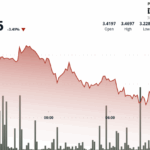


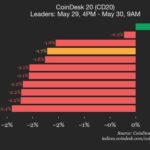

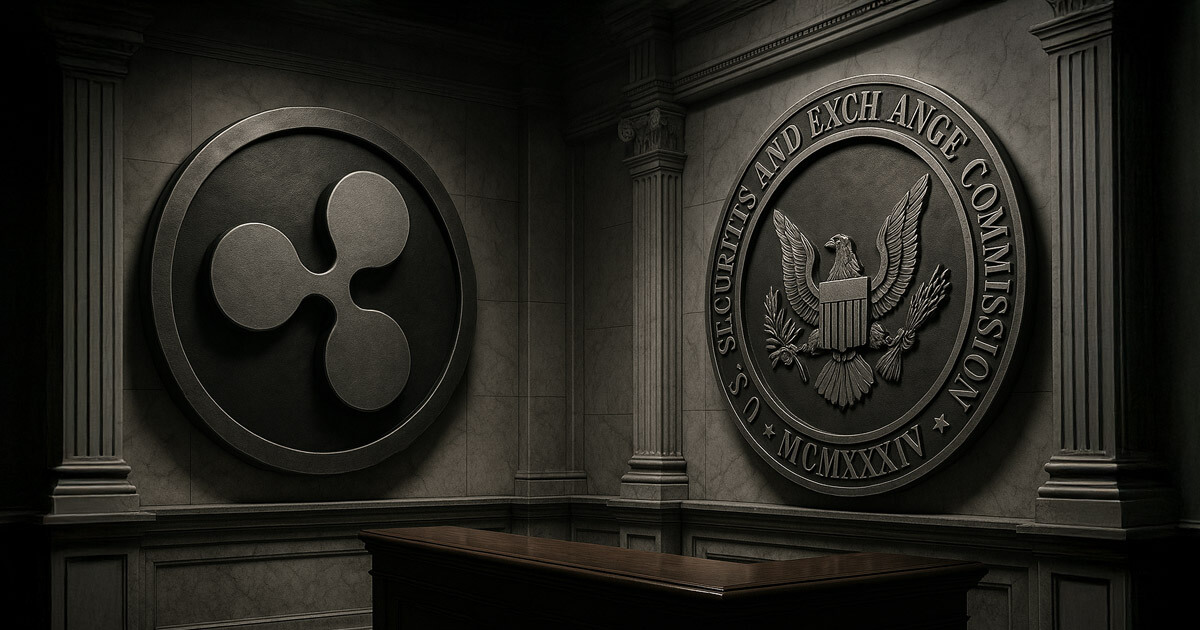

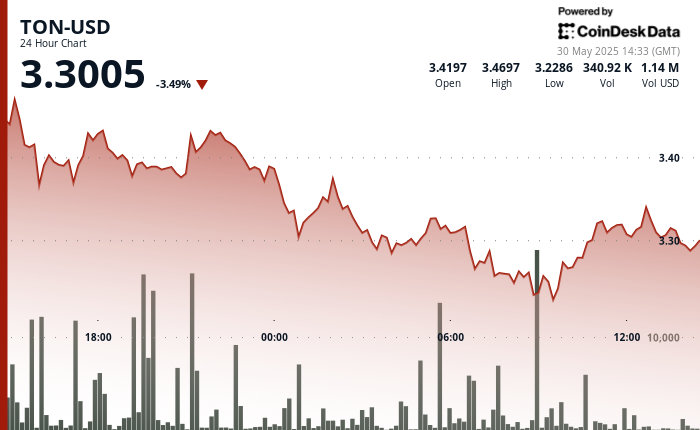
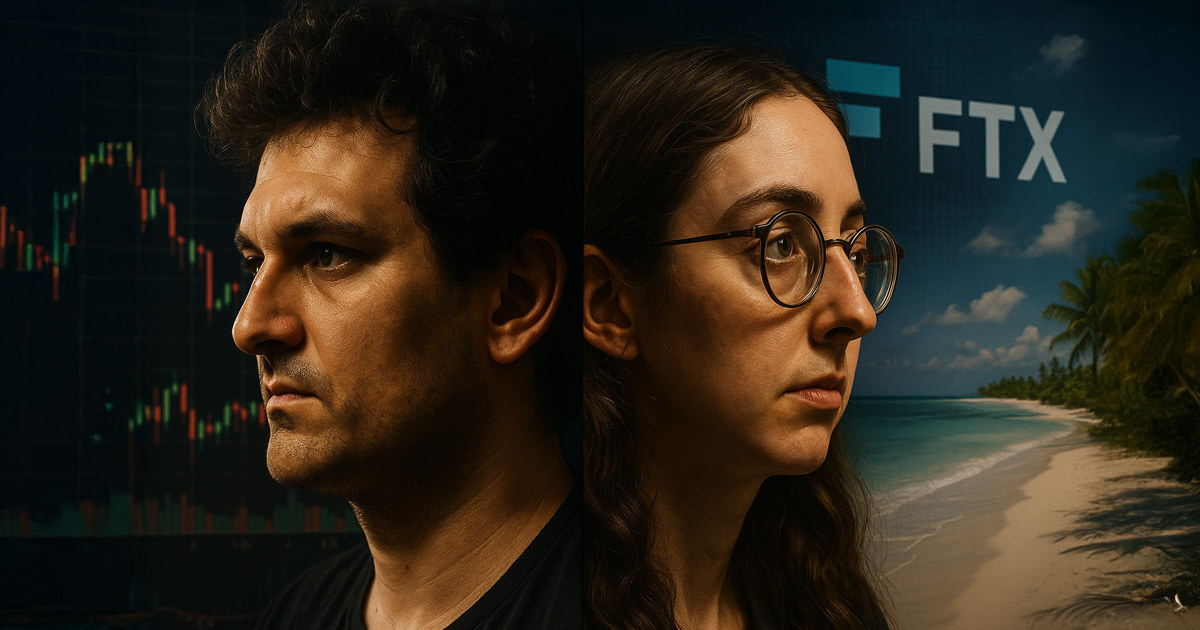










Post Comment